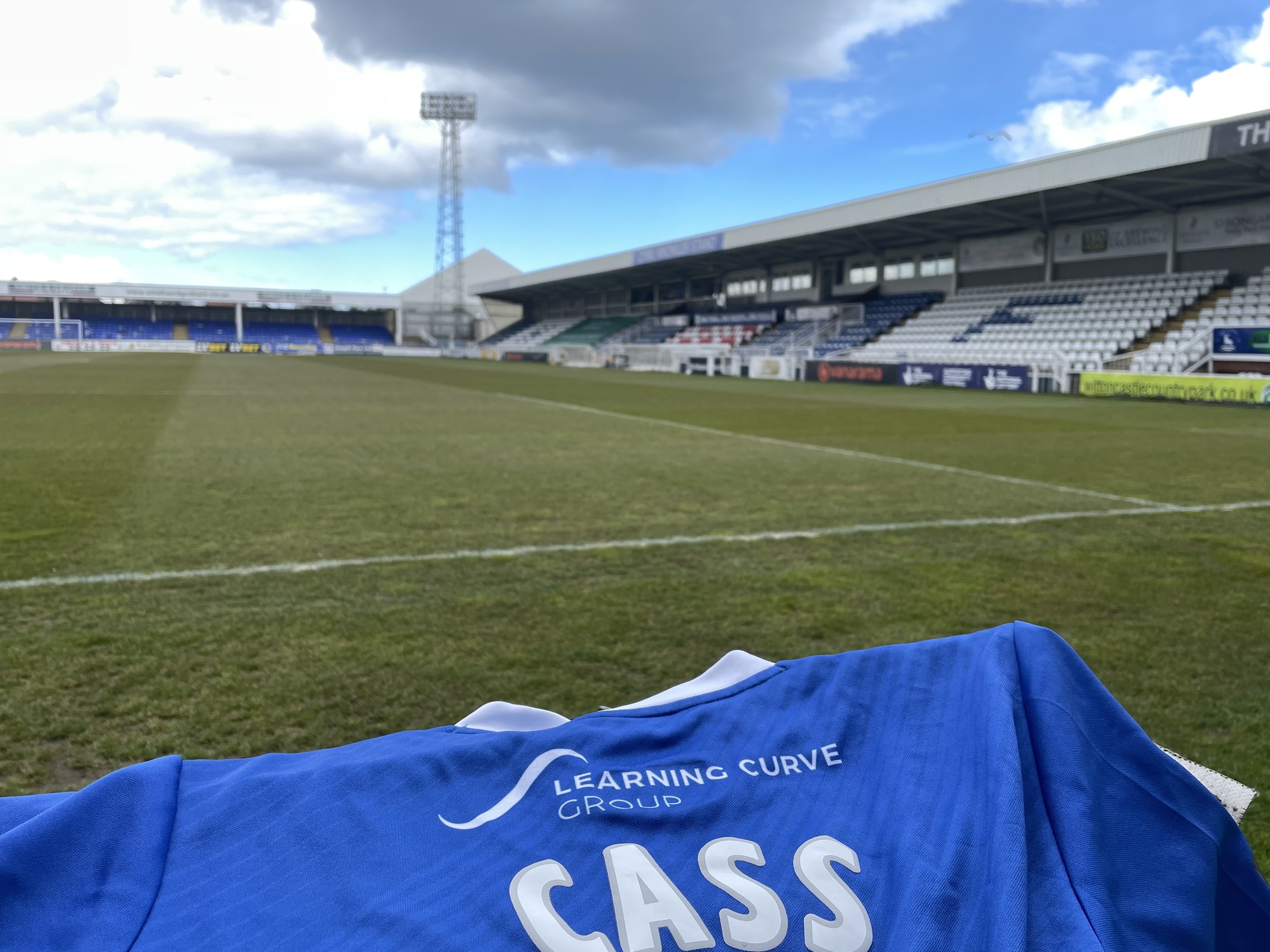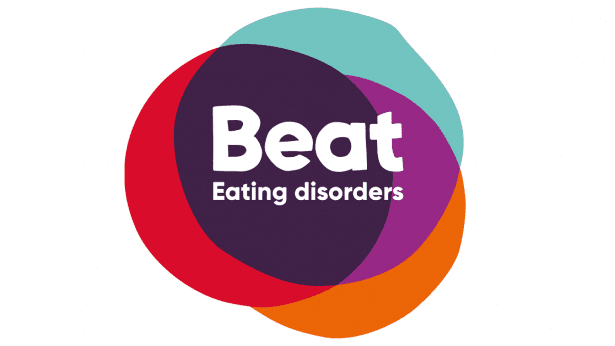
As World Bipolar Day is being celebrated today (March 30), Shannon Crozier, 19, from Washington shares her story of how hard her bipolar disorder is to deal with and how her psychotic breakdown has helped her to come to terms with her illness.
The mental health charity MIND describes Bipolar Disorder as: “A mental health problem that mainly affects your mood.
Shannon has bipolar disorder, but was diagnosed with anorexia athletica at the age of 13 and that is where her downward spiral began.
The then 13-year-old would exercise excessively.
Although over the years her eating disorder diagnosis has shifted, she believes her bipolar symptoms were overlooked by the eating disorder she had at the time.
“I had symptoms [of bipolar disorder] from the age of 13,” Shannon said.
“But in the early years, my eating disorder shadowed the bipolar symptoms.
“Because of the physical damage I was doing to my body, they focused on that – treating me as an impatient for a while,” the now 19-year-old added.
The English Literature and Creative writing student from Washington was not diagnosed with Bipolar Disorder until she was 15.
But during this time her bipolar had “really taken hold.”
Shannon began taking drugs and drinking heavily, spending hundreds of pounds a week.
“I spent it on things I really didn’t need.” Shannon said.
Shannon explains: “When I wasn’t in this state of mind, I was locking myself in my room and doing and planning self-destructive behaviour.”
Before Shannon’s 16th birthday, mental health services realised that her behaviour was due to bipolar disorder and not her eating disorder.
But, despite this, by the age of 18, Shannon had been sectioned under the Mental Health Act and became dependent on alcohol, leading her to spend 30 days in rehabilitation.
“I wasn’t taking my diagnosis seriously. I kept drinking and spending weeks in ransom hotels and really just burying my head in the sand. I didn’t take my medication,” the Sunderland student explains.
“It wast until I got sectioned again at the age of 18 that I realised how serious this illness was,” Shannon added.
However, by this stage the manic episodes were out of control and the depressive episodes had already driven her to three suicide attempts.
Shannon then had a psychotic breakdown – which led her to another section under the Mental Health Act.
“Psychiatric hospitals aren’t fun places to be, but no one wants to talk about it.
“That’s where the stigma lies, not in the depression,” Shannon said.
The student from Washington added: “I hadn’t taken [my bipolar disorder] seriously for so long.
“This is when my diagnosis changed from bipolar 2 to bipolar 1.”
Because of her psychotic breakdown, Shannon is now learning how to live her bipolar.
She explains: “I take my medication now. I’ve still been in psychiatric hospital’s since and will be for the rest of my life. The episodes are still severe, but I take it seriously and I’ve come to terms with my illness.
“I’m learning how to live with it.
“I’m a dancer, a student, a daughter, a friend, a human. I’m not perfect and I’m not my diagnosis.”
Shannon goes on to explain her illness in more detail:
“Bipolar is a serious illness to live with and it does affect me.
“Depression, mania and psychosis are difficult to cope with.
“People think mania is all fun and games – it’s not. It is incredibly hard to deal with.
“You do find yourself dealing with things alone a lot of the time as people just don’t know what to do.
“They treat me like a china doll, scared of saying the wrong thing but not knowing the right thing.
“[I’d like it] if people weren’t scared of the illness.
“I think it’s the words ‘bipolar disorder’ that scare people off.
“The name is worse than the illness- and the illness is pretty bad.”
However, despite this, Shannon “cracks jokes” about her bipolar “all of the time”.
She explains: “Let’s be brutally honest here, when I’m manic or psychotic I was some pretty ‘out there’ things.
“It’s okay to talk about that.
“People are comfortable talking about depression – but mania and psychosis are different. People run away from that.
“I find psychosis the hardest thing to cope with but no one wants to talk about it.
“You don’t need to be scared of psychosis.”
Despite having mental health problems, Shannon wants people to treat her the same as everyone else.
“For me, I’d like it of people didn’t treat me any differently.”
Shannon also stresses that she is still learning to live with her illness.
“I’m still learning to live with my illness. Why don’t you learn with me? We can find out together with helps and what doesn’t.
“People with mental illnesses, although we are independent, still need support.
“So let’s stop being scared to talk about the hard things.
“If I can live with it, people can accept it. We’re stronger together.
“I wouldn’t be here today without the amazing support I’ve had.”
Shannon’s closing message is: “This is why it’s so important for people to seek help if they think there is something not quite right.
“Early diagnosis’ leads to quicker treatment.
“The longer it’s left untreated, the more the illness progresses.
“And I beg, anyone who has been recently diagnosed… you need to take care of your bipolar.
“Don’t stick your head in the sand.
“Reach out and talk of you’re struggling to come to terms with it.
“The longer you put it off, the harder it will be. But remember, you are not your diagnosis.”



